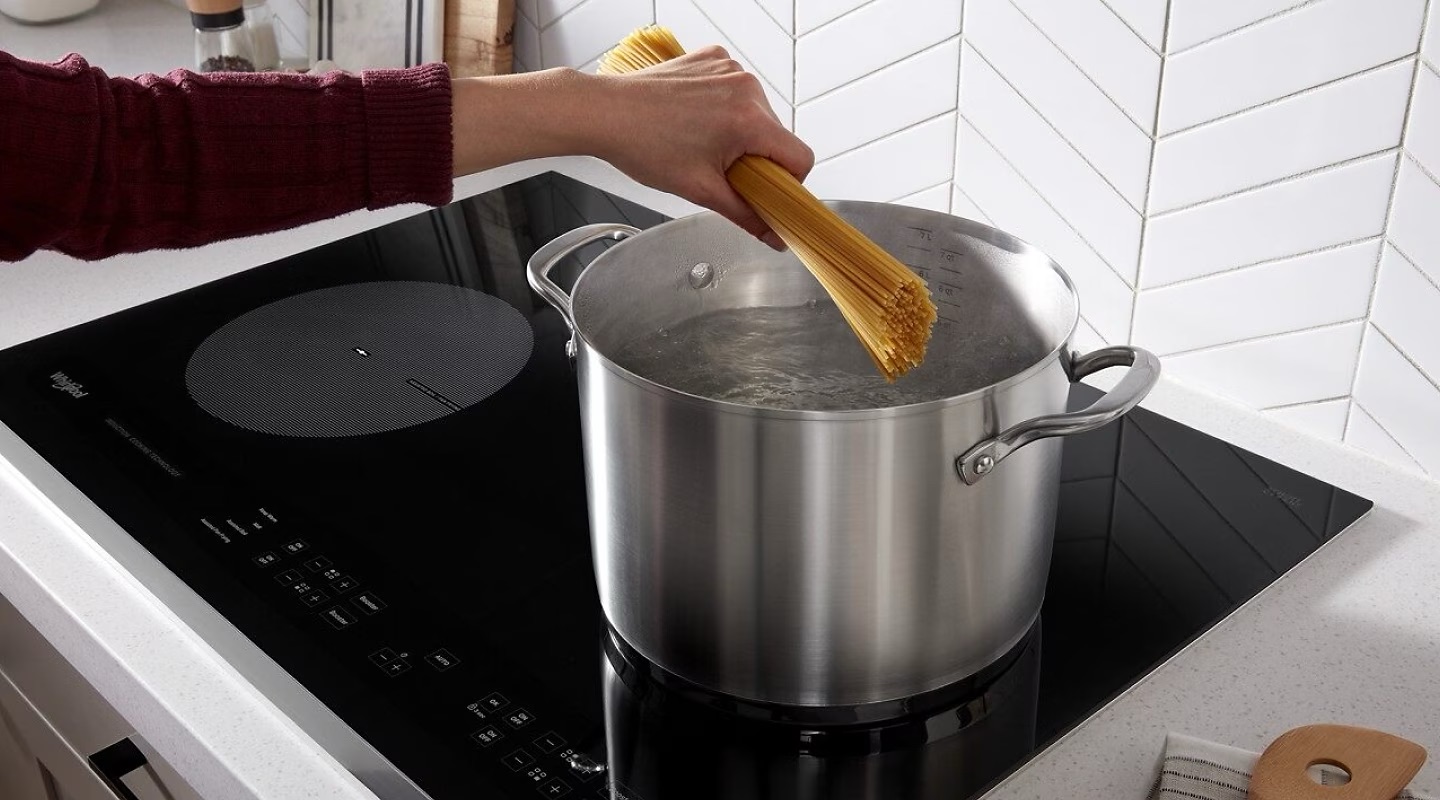

Articles
How To Use A Glass Top Stove
Modified: November 2, 2024
Learn the best techniques and tips for using a glass top stove with our informative articles. Explore proper cleaning, maintenance, and cooking methods.
(Many of the links in this article redirect to a specific reviewed product. Your purchase of these products through affiliate links helps to generate commission for Storables.com, at no extra cost. Learn more)
Introduction
Glass top stoves have gained popularity in modern kitchens for their sleek and stylish appearance. They offer numerous benefits, such as easy cleaning and efficient heat distribution. However, using a glass top stove does require some precautions to ensure its longevity and optimal performance. This article will guide you on how to use a glass top stove safely and effectively.
Before we delve into the details of using a glass top stove, it is important to highlight the significance of following safety precautions. By taking the necessary measures, you can prevent damage to the stove and ensure your safety in the kitchen.
Firstly, always start by cleaning the surface of the glass top stove before use. This helps to remove any dirt, grease, or residue that could hinder its performance. You can use mild dish soap and a soft cloth to gently clean the surface. Avoid using abrasive cleaners or scrubbers, as they can scratch or damage the glass.
Secondly, inspect the glass top for any damages or cracks. Using a damaged stove can be hazardous and may lead to further complications. If you notice any cracks or damages, it is recommended to contact a professional for repairs or replacement.
Lastly, be mindful of the cookware you use on a glass top stove. Heavy or rough cookware can cause scratches or even shatter the glass surface. It is advisable to use flat-bottomed and smooth cookware that is specifically designed for glass top stoves. This type of cookware ensures even heat distribution and minimizes the risk of damage to the stove.
Now that we have covered the safety precautions, let’s move on to choosing the right cookware for your glass top stove.
Key Takeaways:
- Prioritize safety by cleaning the stove surface, checking for damages, and using appropriate cookware. Master the stove controls and maintain cleanliness for a hassle-free cooking experience on your glass top stove.
- Address common issues like burnt-on food or scratches with care. Regular maintenance and prompt cleaning will keep your glass top stove looking pristine and functioning efficiently for years to come.
Safety Precautions
When using a glass top stove, it is essential to prioritize safety to prevent any accidents or damage. Here are some important safety precautions to keep in mind:
Clean the stove surface: Before using the glass top stove, ensure that the surface is clean and free from any debris. This will not only maintain the stove’s aesthetic appeal but also prevent any potential scratching or damage caused by dirt or residue.
Check for any damages or cracks in the glass top: Regularly inspect the glass top surface for any visible damages or cracks. Using a damaged stove can be dangerous as it may not function properly and could even lead to electric shock. If you notice any signs of damage, it is crucial to contact a professional to assess and repair the stove.
Avoid using heavy or rough cookware: Glass top stoves are designed to work best with cookware that has a flat and smooth bottom. Avoid using heavy or rough cookware as it can scratch or damage the glass surface. Opt for cookware that is specifically designed for glass top stoves, which often have a non-stick coating to further protect the surface. Choosing the right cookware will ensure proper heat distribution and prevent any unwanted accidents.
By adhering to these safety precautions, you can maintain the longevity of your glass top stove and ensure a safe cooking experience.
Choosing Cookware for Glass Top Stoves
When it comes to using a glass top stove, selecting the right cookware is crucial to ensure optimal performance and prevent any damage to the glass surface. Here are some key considerations when choosing cookware for your glass top stove:
Consider using flat-bottomed and smooth cookware: Glass top stoves require cookware with a flat and smooth bottom. This allows for maximum contact between the cookware and the glass surface, resulting in efficient heat transfer. Cookware with uneven or warped bottoms can cause hot spots and uneven cooking, which may damage the glass top over time.
Opt for cookware with thicker bottoms for better heat distribution: Cookware with thicker bottoms, such as stainless steel or copper-clad, is ideal for glass top stoves. The thicker bottom helps to distribute heat evenly, reducing the risk of hot spots and ensuring that your food cooks consistently. This also helps to prevent the glass from overheating in specific areas, which could lead to cracking or damage.
Avoid using cookware made of cast iron, ceramic, or stoneware: While these types of cookware are popular in many kitchens, they are not recommended for glass top stoves. Cast iron, ceramic, and stoneware cookware can be rough and abrasive, which can scratch or damage the glass surface. Additionally, these materials tend to retain and distribute heat unevenly, which may result in hot spots, further increasing the risk of damage to the glass top.
Instead, opt for cookware made of materials that are compatible with glass top stoves, such as stainless steel, aluminum, or copper. These materials offer excellent heat distribution and are safe to use on the glass surface. Additionally, look for cookware with a non-stick or ceramic coating, as they provide an extra layer of protection for the glass top and make cleaning up a breeze.
By choosing the right cookware for your glass top stove, you can ensure efficient cooking, prevent damage to the glass surface, and enjoy a safe and enjoyable culinary experience.
Using Glass Top Stove Controls
Using the controls of a glass top stove is key to achieving precise and efficient cooking. Here are some tips to help you make the most of your glass top stove controls:
Familiarize yourself with the stove controls and settings: Take the time to understand the different controls and settings on your glass top stove. Different models may have unique features and options. Read the user manual or consult the manufacturer’s instructions to get acquainted with the specific functions of your stove. This will allow you to utilize the stove to its full potential.
Turn on and adjust the heat accordingly: To turn on the glass top stove, locate the power or heat control knob or button, usually found along the front panel. Once you’ve turned on the stove, you can adjust the heat level using the control knobs or touch-sensitive controls. Start by setting the heat to a medium level and adjust as needed during the cooking process. Remember that glass top stoves heat up quickly, so be mindful not to exceed the desired temperature.
Utilize the different cooking zones effectively: Glass top stoves often have multiple cooking zones or burners, each with its own heat level control. Take advantage of these zones to simultaneously cook different dishes or use different heat levels for various cooking techniques. Familiarize yourself with which burner corresponds to each control knob, allowing you to tailor the heat to specific recipes and ingredients.
Be aware that glass top stoves retain heat even after being turned off, so keep this in mind when adjusting the cooking times or moving pots and pans to different burners. Always use caution and wait for the stove to cool down before cleaning or touching the glass surface.
By mastering the controls of your glass top stove, you can effortlessly regulate the heat and achieve precise cooking results for your favorite recipes.
Use flat-bottomed cookware to ensure even heat distribution on a glass top stove. Avoid dragging pots and pans across the surface to prevent scratching.
Cleaning and Maintenance
Maintaining a clean and well-maintained glass top stove is essential for its longevity and optimal performance. Here are some important tips for cleaning and maintaining your glass top stove:
Allow the stove to cool down before cleaning: After cooking on your glass top stove, it’s important to let the surface cool down completely before starting the cleaning process. Cleaning a hot stove can not only be dangerous but also potentially damage the glass. Wait until the stove is safe to touch before proceeding with any cleaning activities.
Use non-abrasive cleaners and soft cloths for cleaning: When it comes to cleaning the glass top surface, it’s crucial to use non-abrasive cleaners and gentle materials. Avoid using harsh or abrasive cleaners, such as steel wool or scouring pads, as they can cause scratches and permanent damage. Instead, opt for mild dish soap, vinegar, or specially formulated glass and stove-top cleaners. Apply the cleaner to a soft cloth and gently wipe away any stains or spills.
Regularly remove any spills or stains promptly: Spills and stains can be more challenging to clean if left unattended for too long. It’s important to address any spills or stains as soon as possible to prevent them from becoming baked or burnt onto the glass surface. Use a damp cloth or sponge to gently remove the spills, and if necessary, apply a mild cleaner for stubborn stains. Regular maintenance and prompt cleaning will keep your glass top stove looking pristine and functioning efficiently.
In addition to routine cleaning, it’s also recommended to periodically perform thorough maintenance. This includes inspecting and cleaning the burners, checking for any loose or faulty components, and ensuring proper ventilation. Consult the manufacturer’s instructions or user manual for specific maintenance guidelines for your glass top stove model.
By following these cleaning and maintenance practices, you can keep your glass top stove looking and performing its best for years to come.
Read more: How To Fix Samsung Glass Top Stove Burners
Dealing with Common Issues
While glass top stoves are known for their durability and resilience, they may encounter certain issues over time. Here are some common issues that may arise when using a glass top stove and how to address them:
Removing burnt-on food or stains: Burnt-on food or stubborn stains can be challenging to remove from a glass top stove. To tackle this issue, start by allowing the stove to cool completely. Once cool, use a razor scraper or a ceramic cooktop cleaner with a soft cloth to gently scrape away the burnt-on food or stains. Be careful not to apply too much pressure, as this could scratch the glass surface. After scraping, clean the area with a mild cleaner or a mixture of vinegar and water.
Handling scratched or chipped glass top: Scratches or chips on the glass surface can occur due to accidental impacts or the use of inappropriate cookware. While these damages can be unsightly, they generally do not affect the performance of the stove. However, to minimize the appearance of scratches, you can apply a glass cooktop cleaner or a specialized polish designed for glass top stoves. These products can help to hide scratches and restore the shine of the glass surface. For more severe damage, it is recommended to consult a professional for repair or replacement.
Replacing faulty heating elements or controls: If your glass top stove is experiencing issues with the heating elements or controls, it may require replacement parts. In case of a faulty heating element, it can be replaced by disconnecting the power supply and following the instructions in the appliance’s manual. If the issue lies with the controls, it is advisable to seek professional assistance to ensure appropriate replacement and proper functioning of the stove.
Remember, when dealing with common issues in your glass top stove, it’s important to prioritize safety and take the necessary precautions. If you are unsure or uncomfortable addressing any issues yourself, it is always best to consult a professional technician or the manufacturer for guidance and assistance.
Conclusion
Using a glass top stove can elevate your cooking experience with its sleek design and efficient heating capabilities. However, it is important to take proper care of your glass top stove to ensure its longevity and optimal performance. By following the safety precautions, choosing the right cookware, mastering the controls, and maintaining cleanliness, you can enjoy safe and hassle-free cooking on your glass top stove.
Remember to clean the stove surface regularly, checking for damages or cracks, and avoiding heavy or rough cookware that could scratch or damage the glass. Familiarize yourself with the stove controls and settings, adjusting the heat accordingly, and utilizing the different cooking zones effectively. When it comes to cleaning and maintenance, allow the stove to cool down before cleaning, use non-abrasive cleaners and soft cloths, and promptly remove any spills or stains to prevent them from becoming baked-on.
Should you encounter common issues such as burnt-on food or stains, handle them carefully by allowing the stove to cool, using appropriate cleaning tools and materials. Scratched or chipped glass tops can be addressed with specialized cleaners or polishes, and if necessary, consult a professional for repair or replacement. And for faulty heating elements or controls, expert assistance is recommended to ensure proper replacement and functioning.
With proper care and attention, your glass top stove will continue to be a functional and beautiful centerpiece in your kitchen. So, take the time to maintain it, be mindful of your cooking techniques, and enjoy the convenience and elegance that a glass top stove brings to your culinary adventures.
Frequently Asked Questions about How To Use A Glass Top Stove
Was this page helpful?
At Storables.com, we guarantee accurate and reliable information. Our content, validated by Expert Board Contributors, is crafted following stringent Editorial Policies. We're committed to providing you with well-researched, expert-backed insights for all your informational needs.
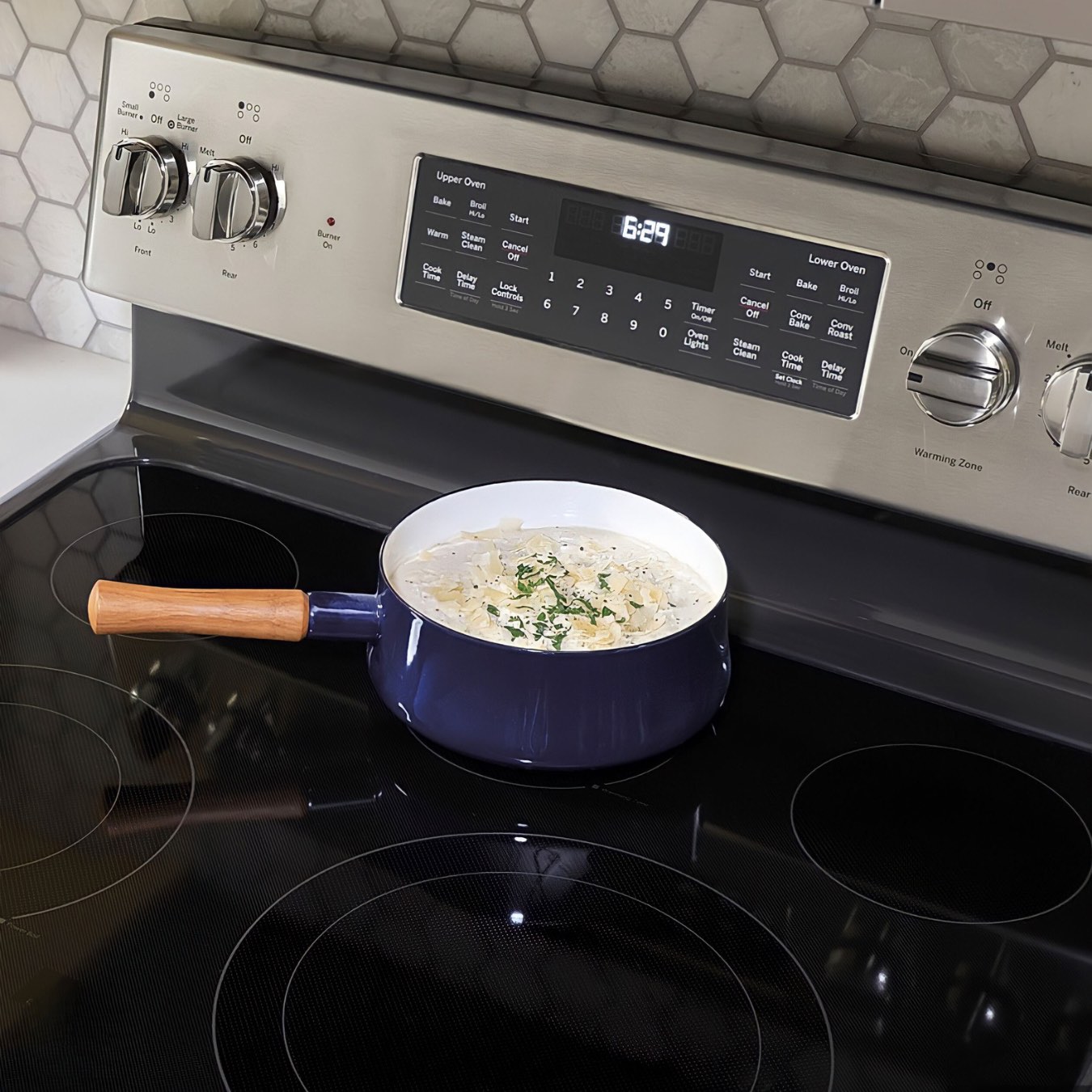
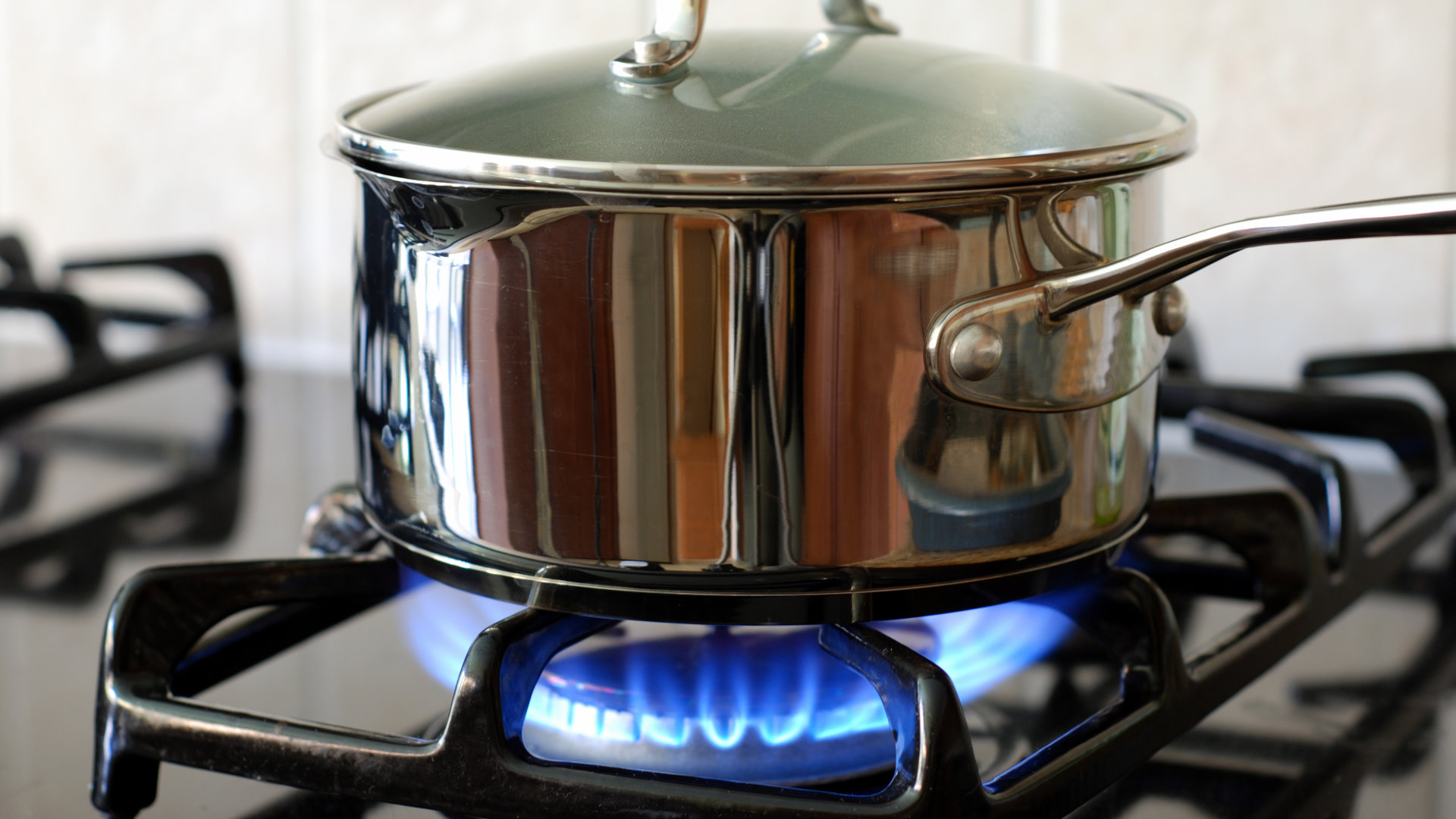
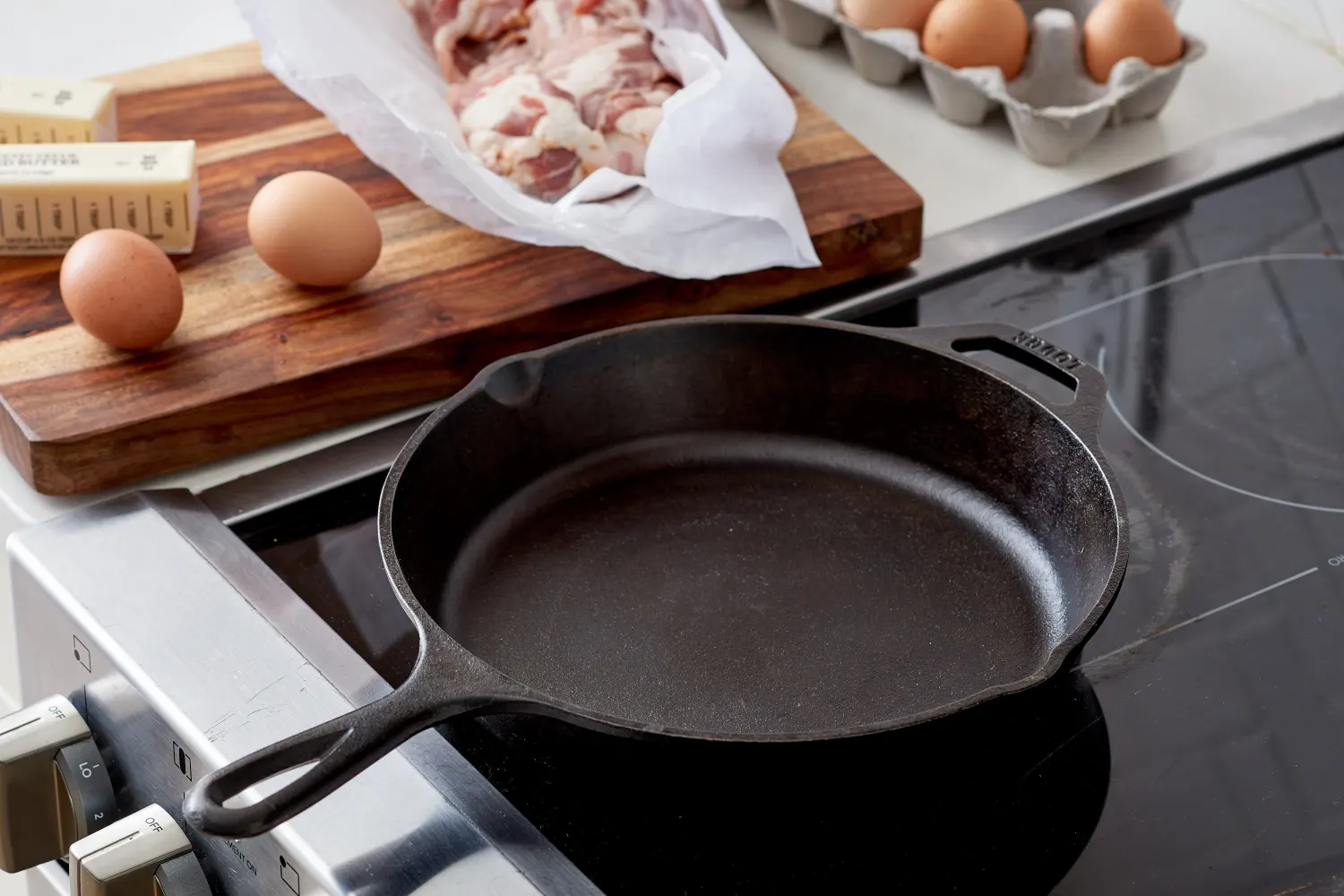
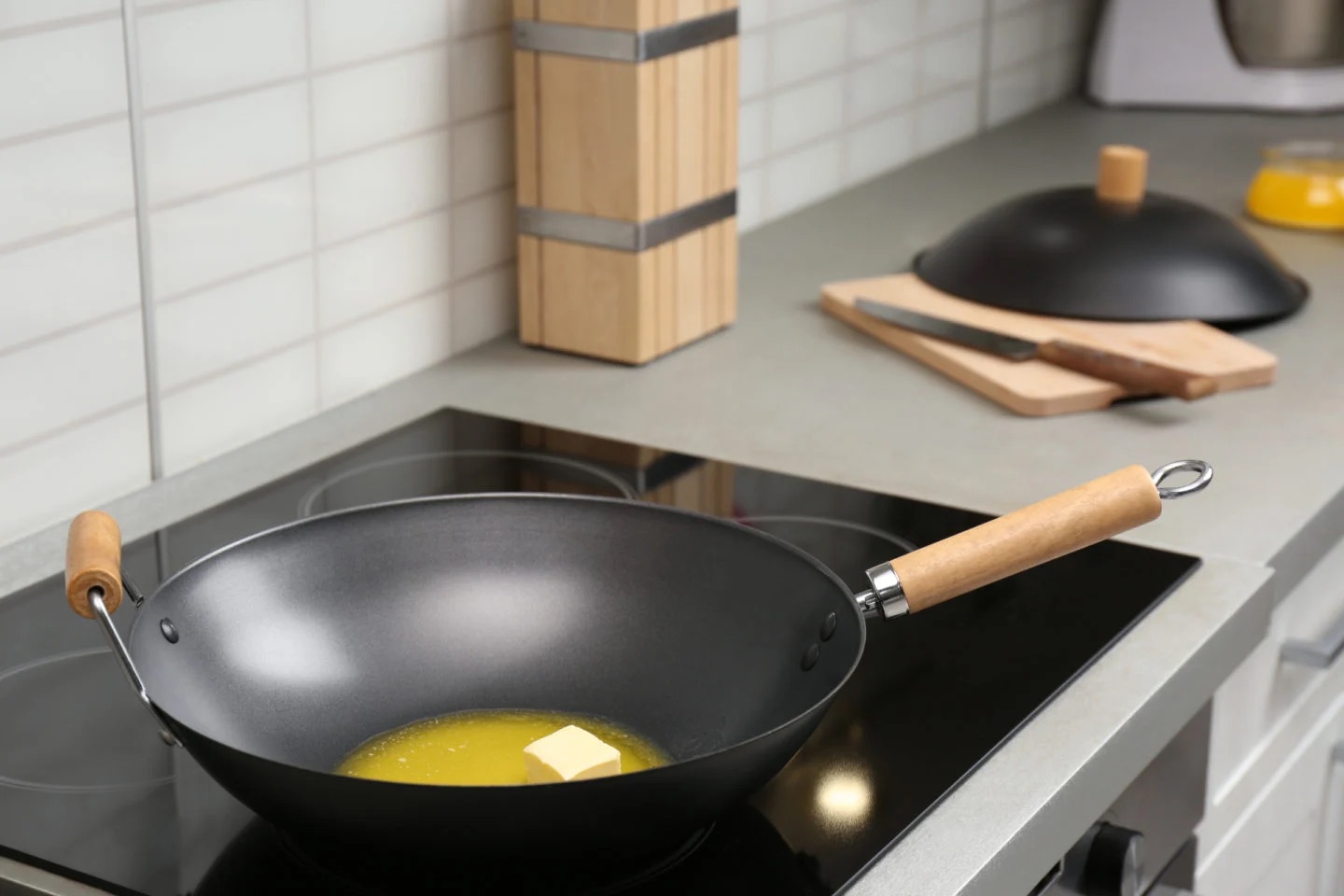
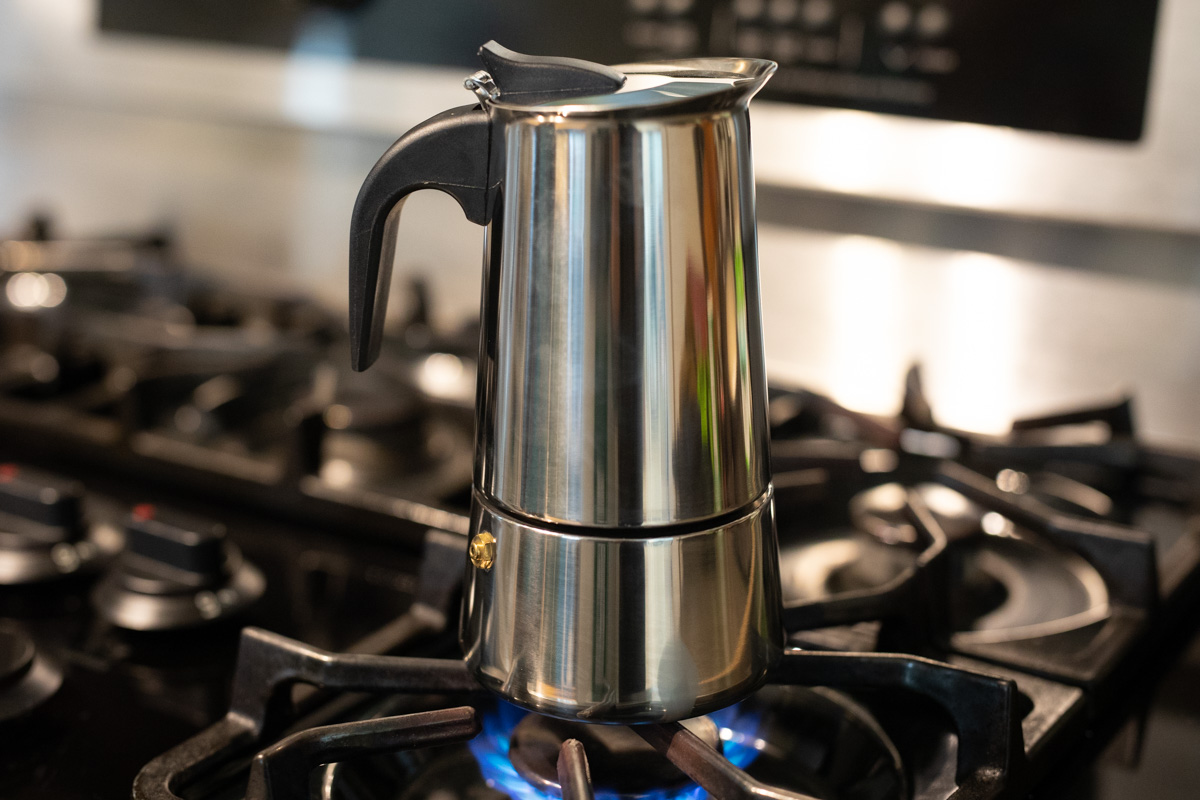
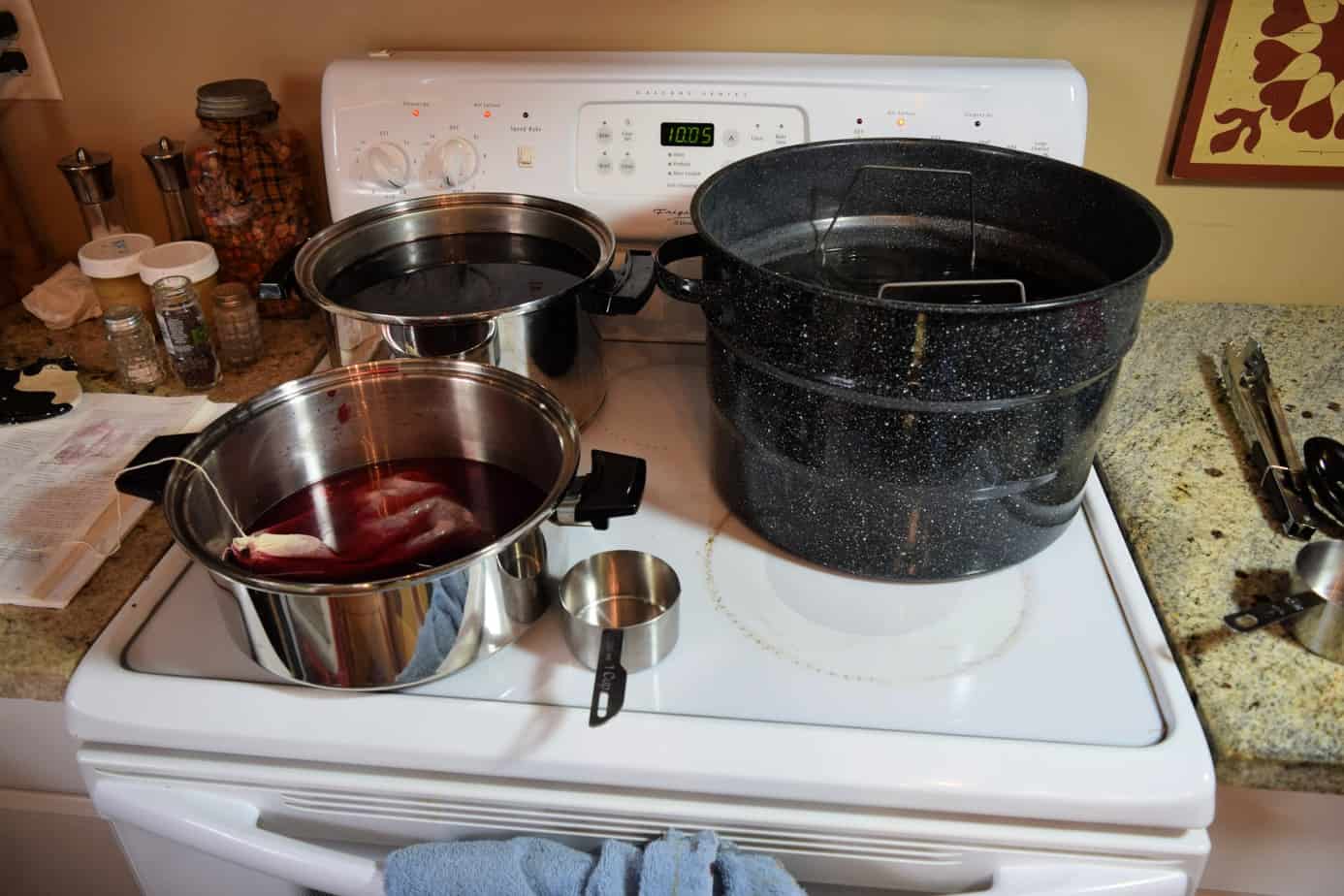
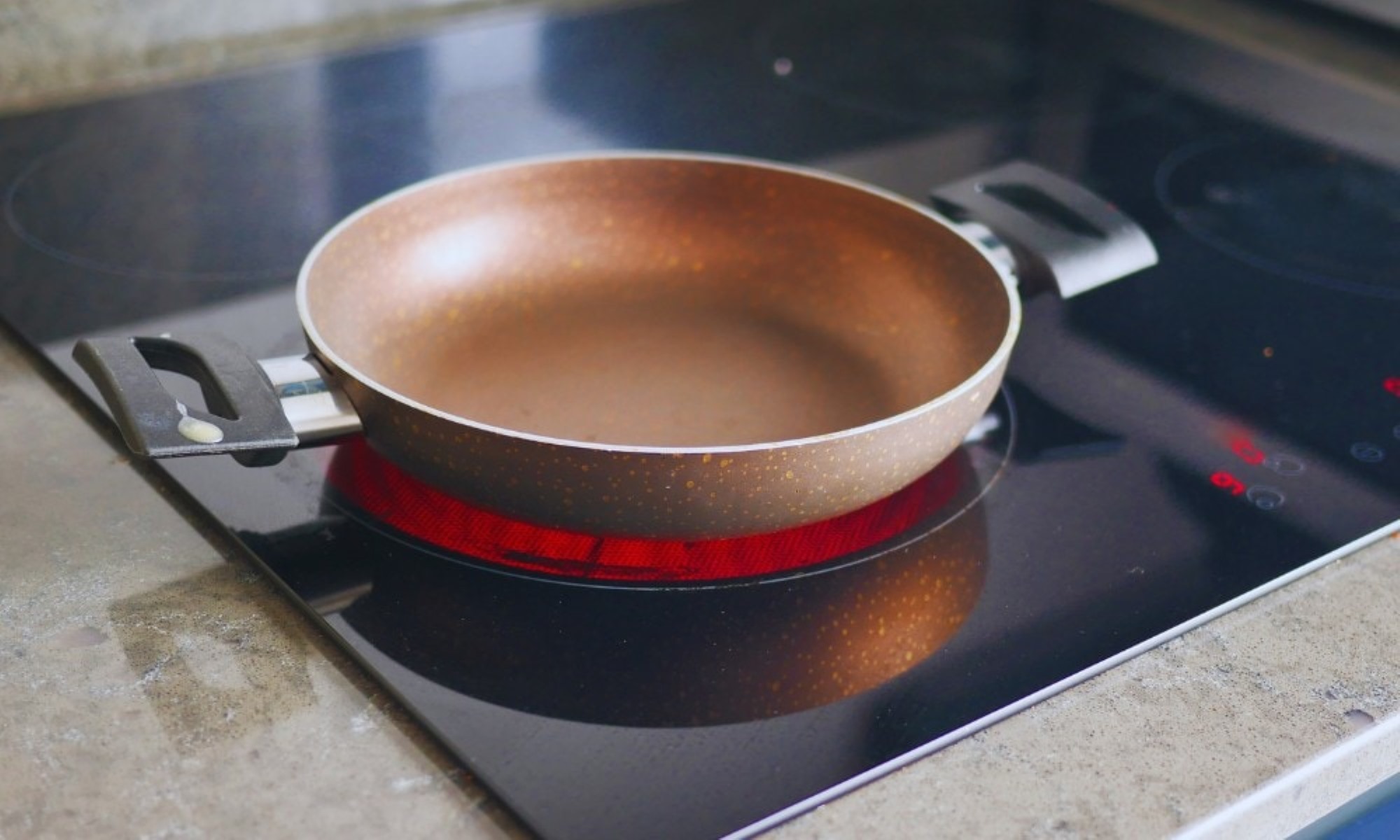
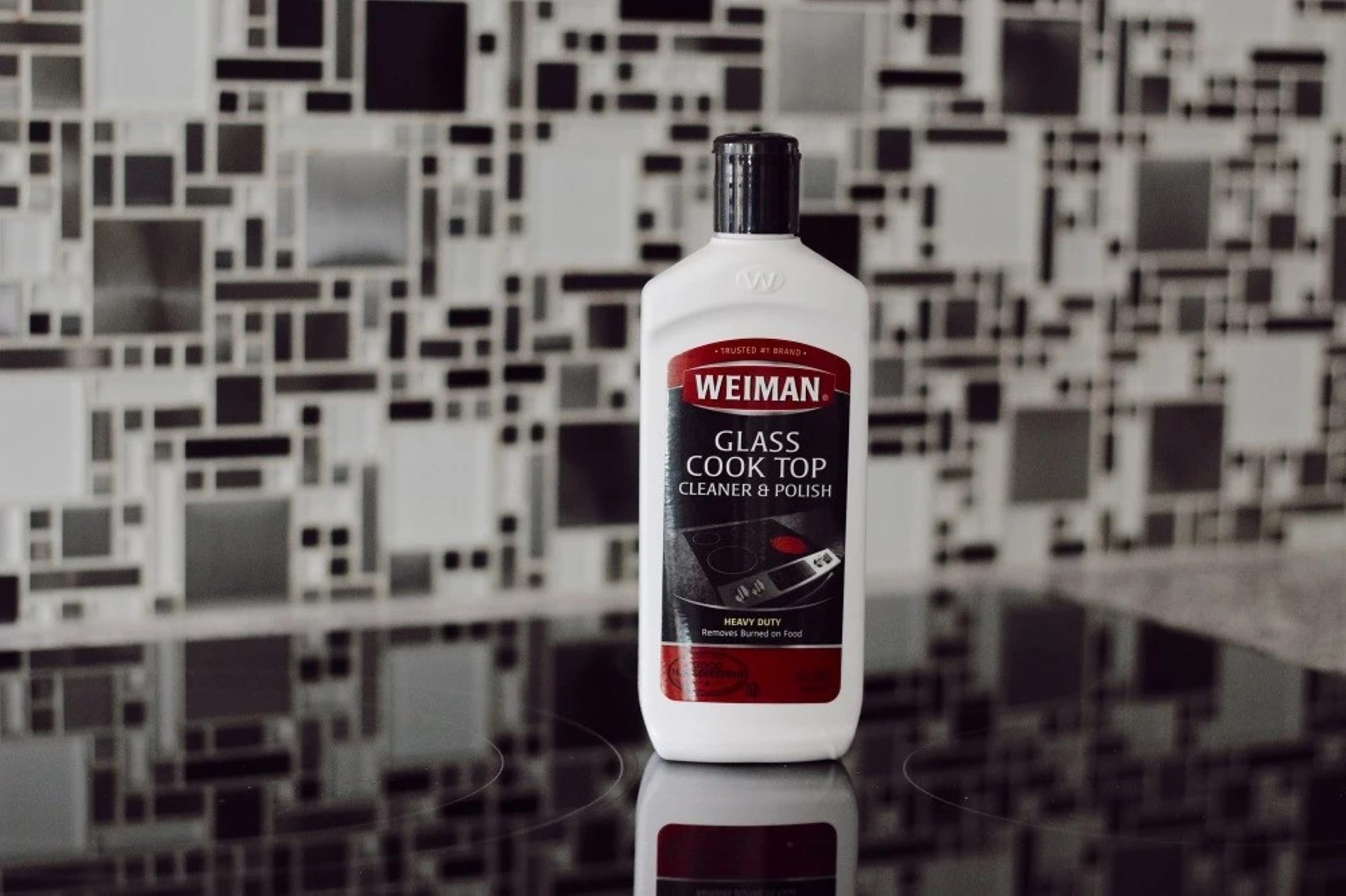
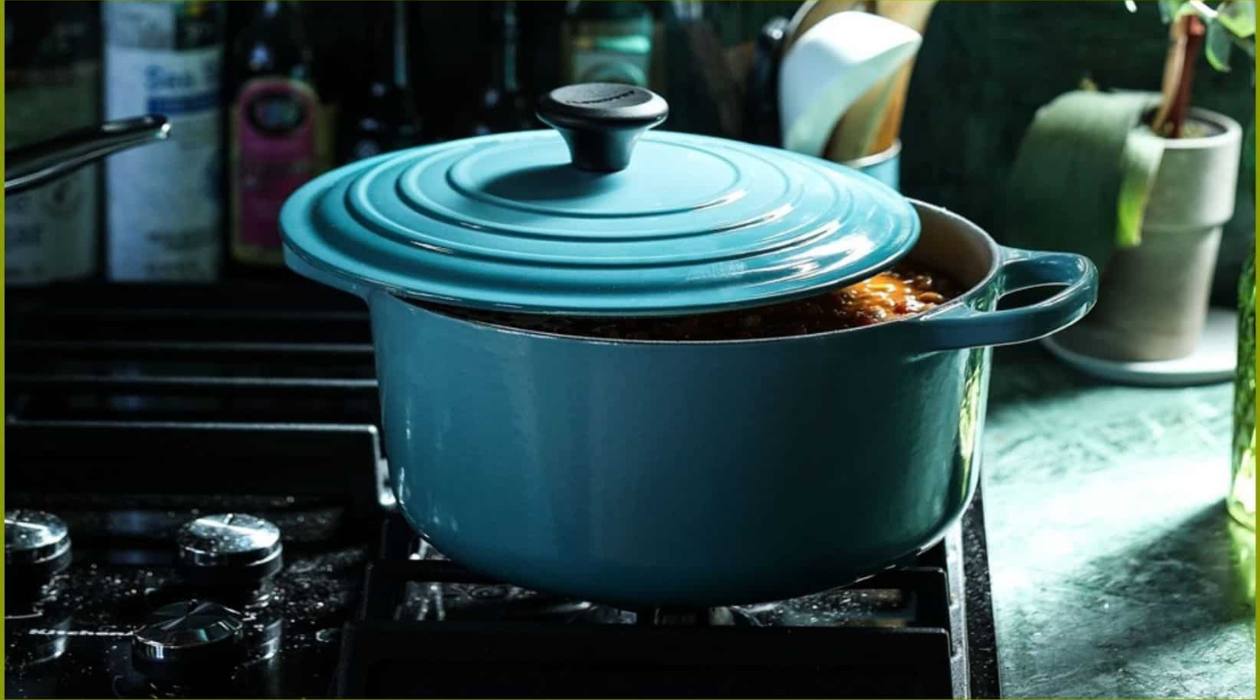
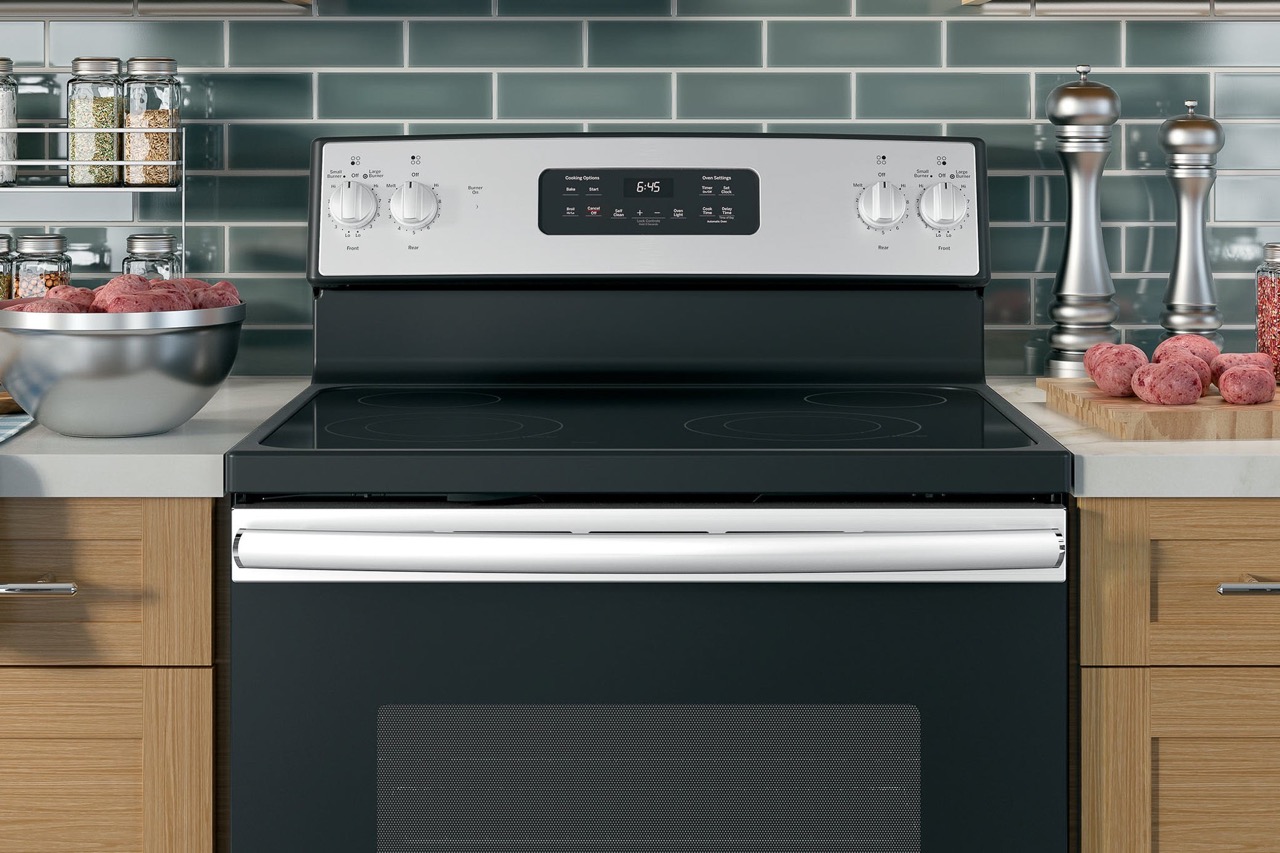
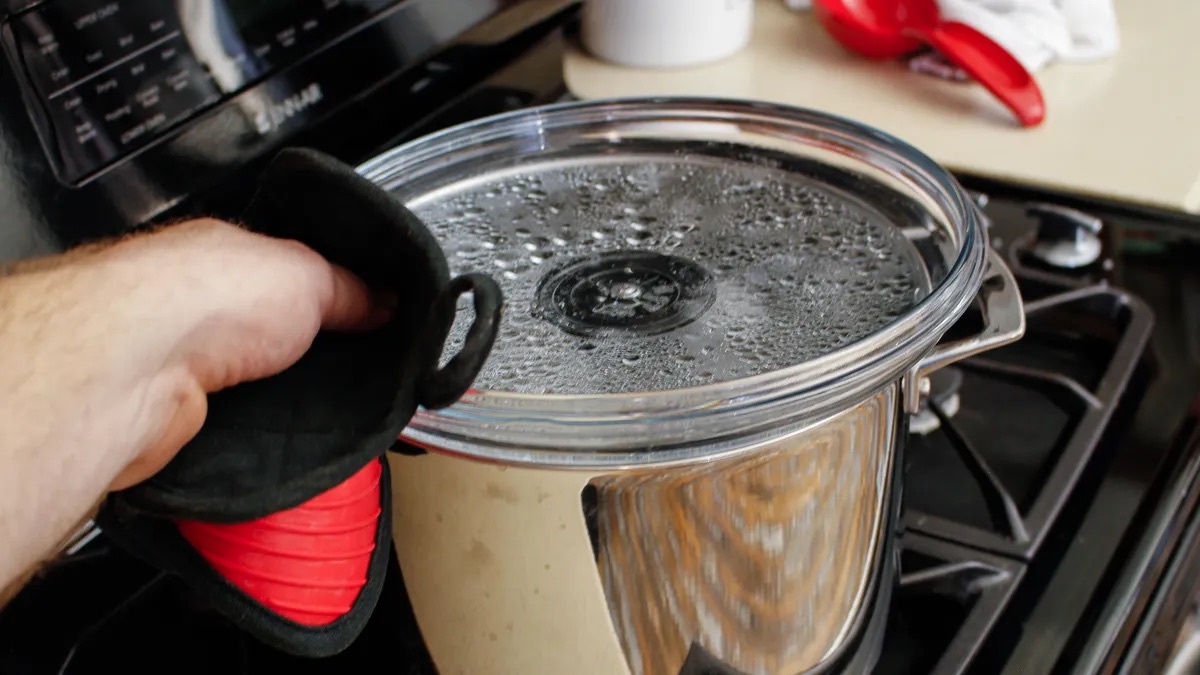
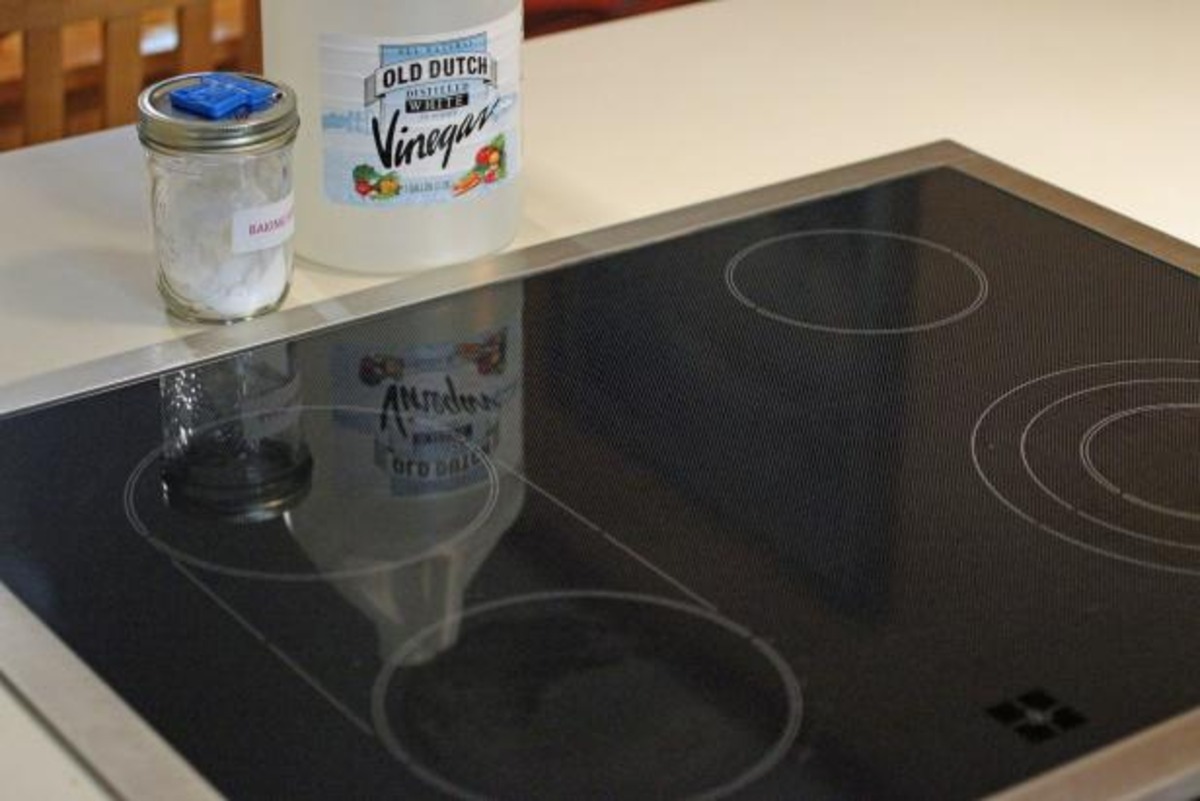
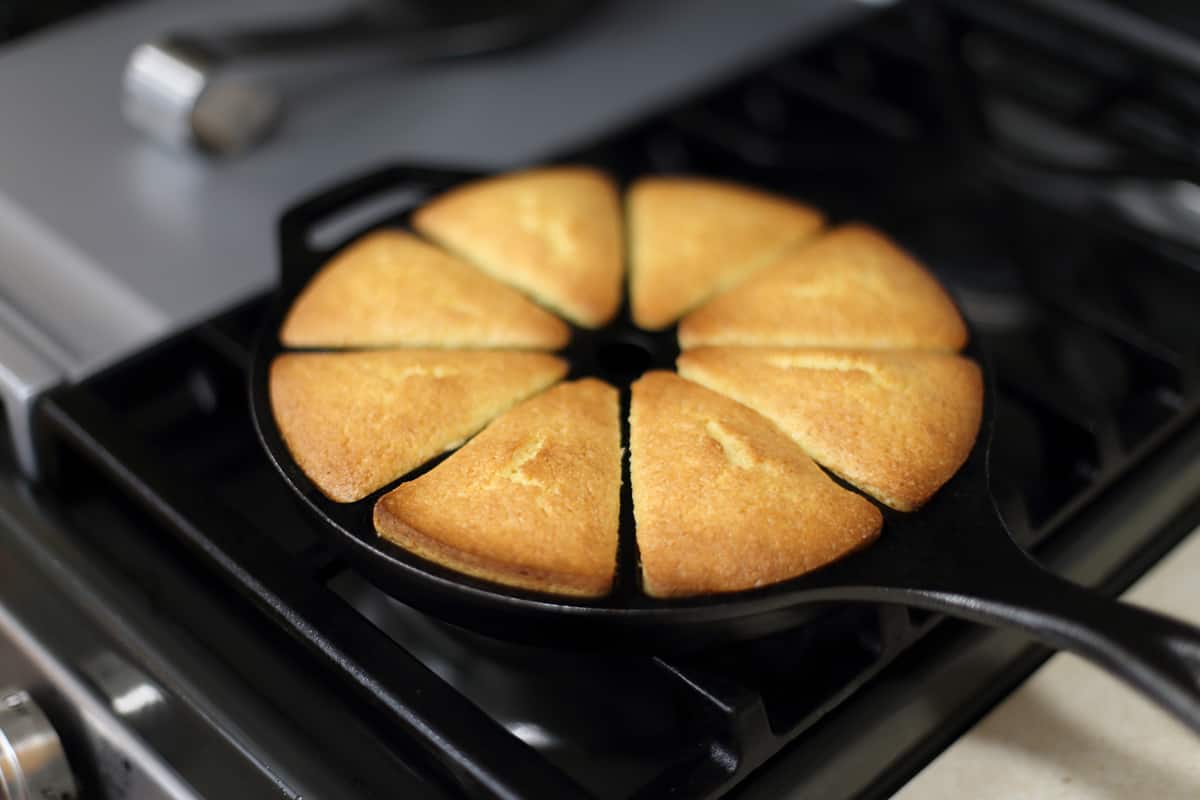
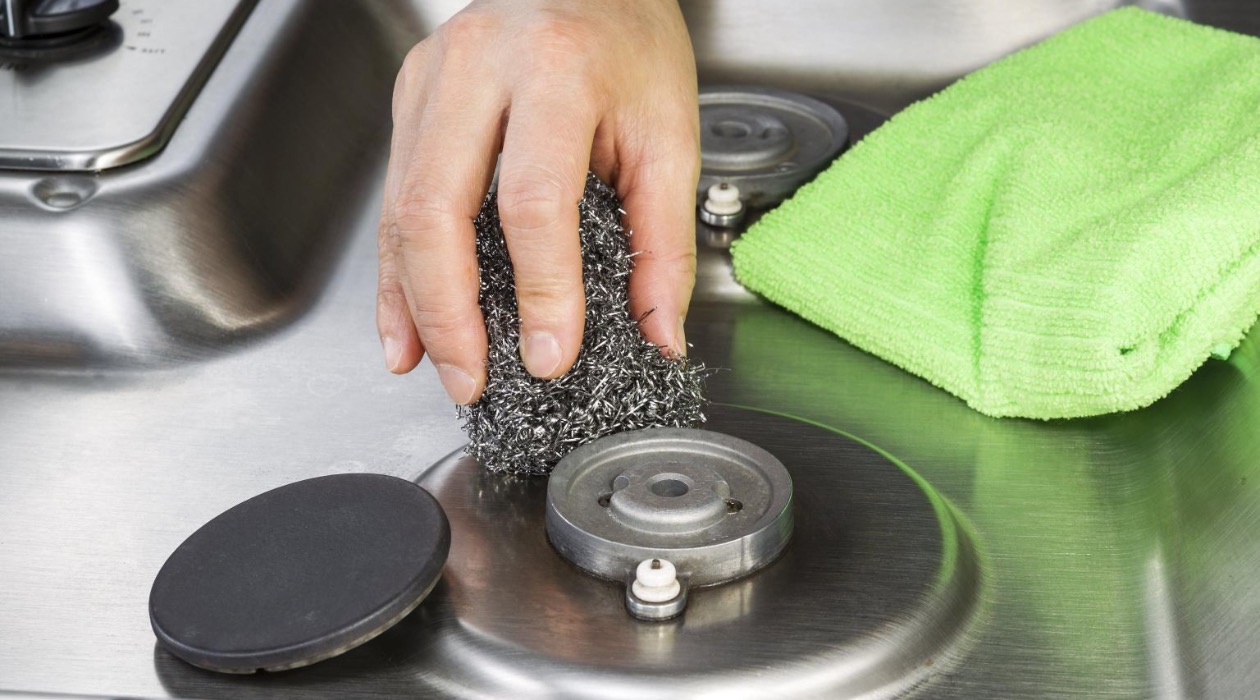

0 thoughts on “How To Use A Glass Top Stove”